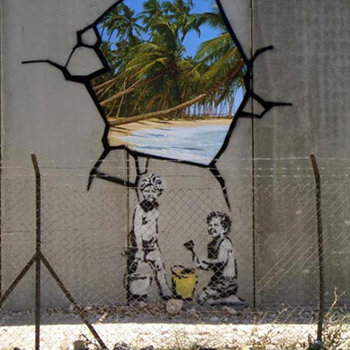Under Deng Xiaoping, how did China make progress?
1 Answer
Through a radical departure from previous policies.
Explanation:
Deng led the group of moderates which prevailed over the radicals after Mao's death in 1976.
Deng realised that for China to realise her vast potential and become a superpower, she had to modernise. In turn this required foreign aid and technology.
Deng introduced the Four Modernisations, in agriculture, industry, defence and technology, primarily education. In agriculture the communes were dismantled. Peasants had to grow a certain amount, or quota, for the state, then they were free to sell their produce on the open market.
In industry the economy was divided into three sectors, state controlled, partially state controlled and the private sector. People were allowed to set up their own businesses and make a profit. Factory managers in the state sector were given much more autonomy. They could pay bonuses and sack workers. State subsidies were cut.
In defence, foreign aid and technology in particular was used to modernise China's forces.
In education, the chaos of the Cultural Revolution was replaced by a highly competitive traditional education system with a formal exam structure.
Deng also introduced The Open Door Policy. This reversed the isolationism experienced under Mao. China was opened up to the West. Special Economic Zones were established in coastal regions such as Guangdong offerings favourable trading conditions to foreign firms.
Socially the One Child Policy was introduced. Deng realised that if improvements in living standards were to be achieved then the population had to be brought under control.
In many ways progress was spectacular. China is now the second largest economy in the world and will soon be the largest. Some of the richest billionaires in the world are Chinese, something which would have been unheard of under Mao. Economic and agricultural growth has been spectacular. There has been a transformation in China's infrastructure and urban landscape. Access to consumer goods is now unprecedented compared to Mao's rule.
However set against this spectacular progress there have been significant problems. There is now a huge gap between the rich and poor. Widespread and endemic corruption has thrived as reforms have been channelled through the party elite. This reflects the lack of any political reform.
Finally the One Child Policy has led to widespread abuse of human rights with abandoned babies and forced abortions. It has also led to a huge imbalance in the demographic balance in China with serious repercussions for China's future well being.

